Search
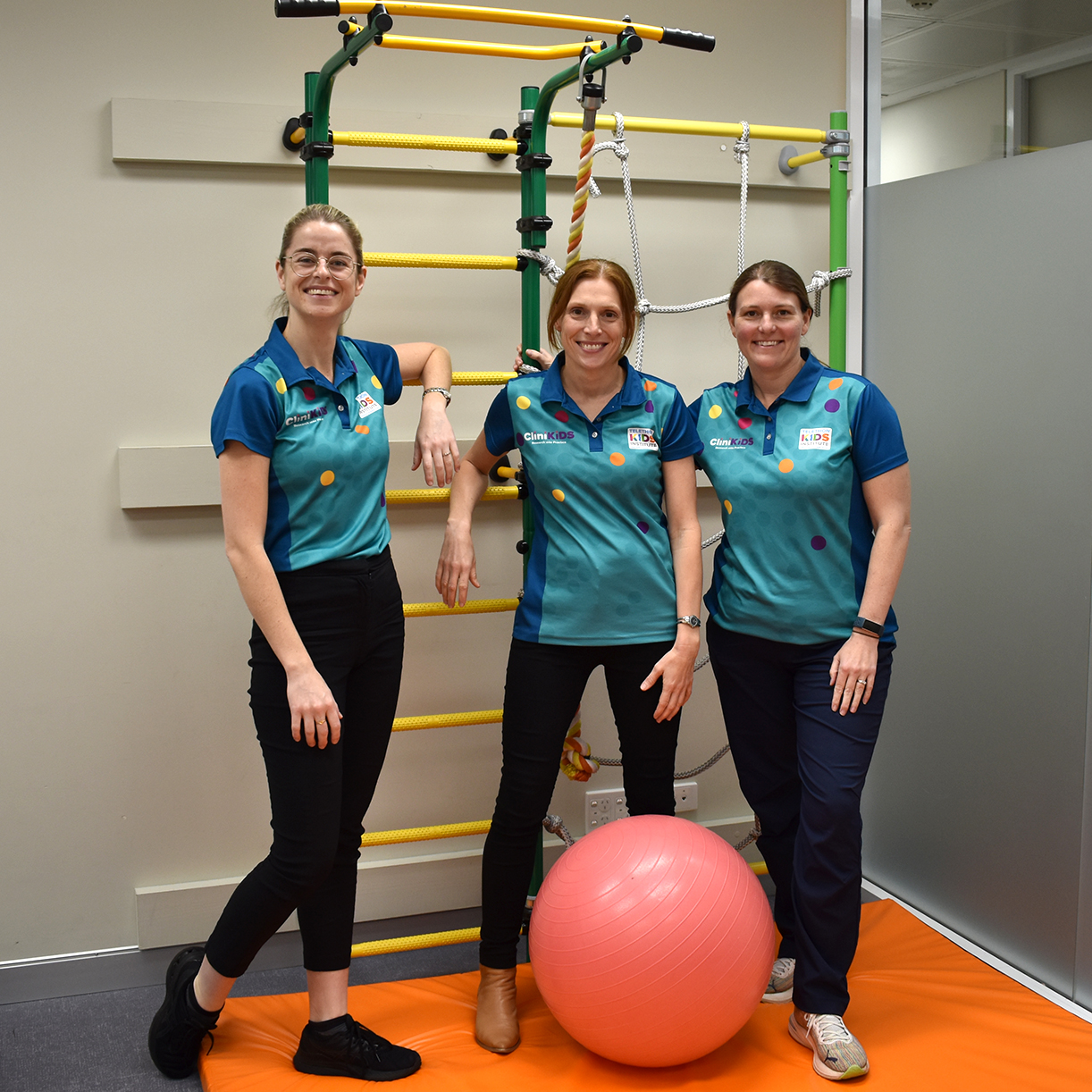
News & Events
Celebrating our OTsTo celebrate World Occupational Therapy (OT) day, we asked our Occupational Therapists to describe what OT means to them.
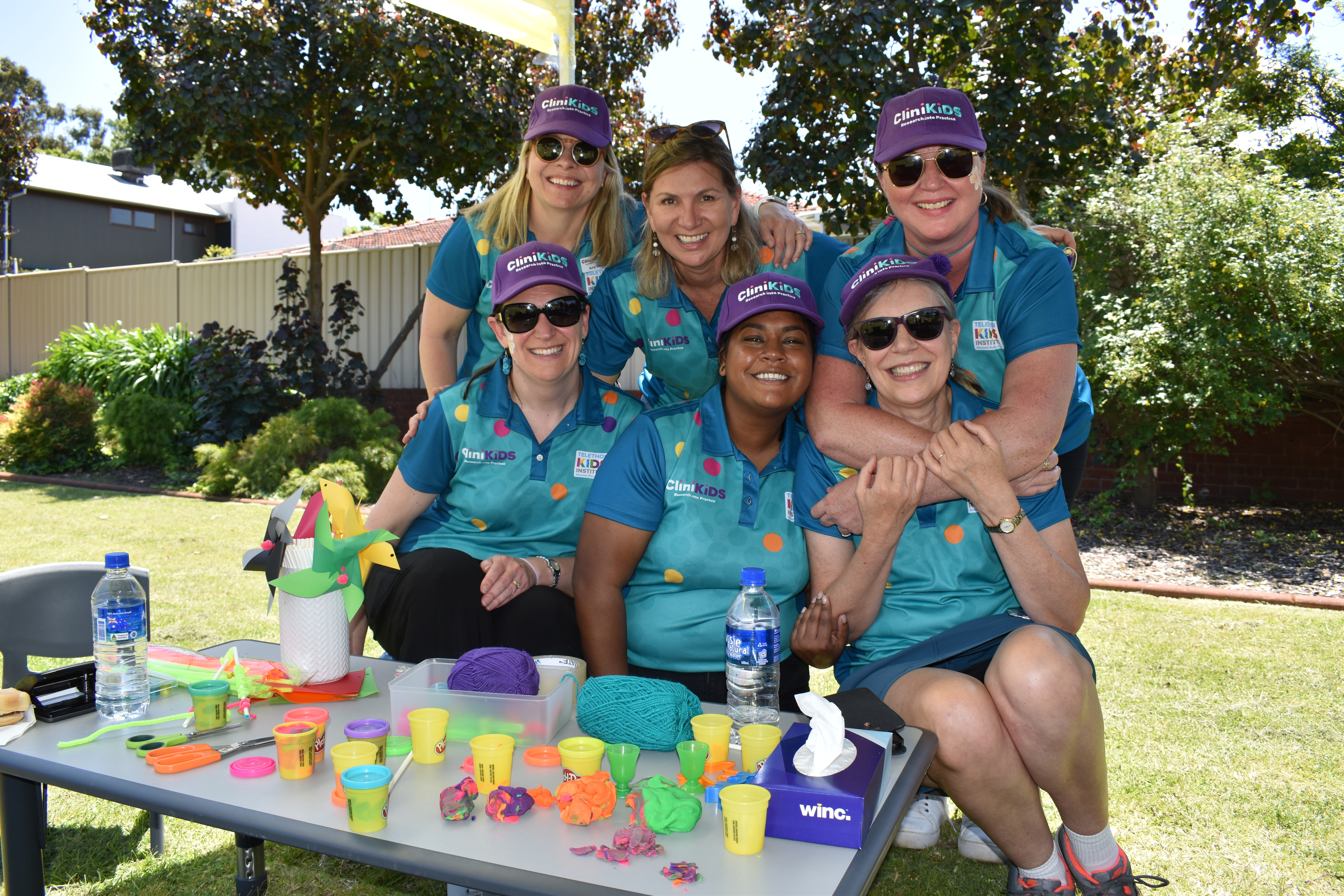
News & Events
Frangipani Family Day a huge success!CliniKids held its inaugural Frangipani Family Day recently – an event organised to honour the wonderful contribution of its much loved and dearly missed colleague, the late Kate Sorensen.
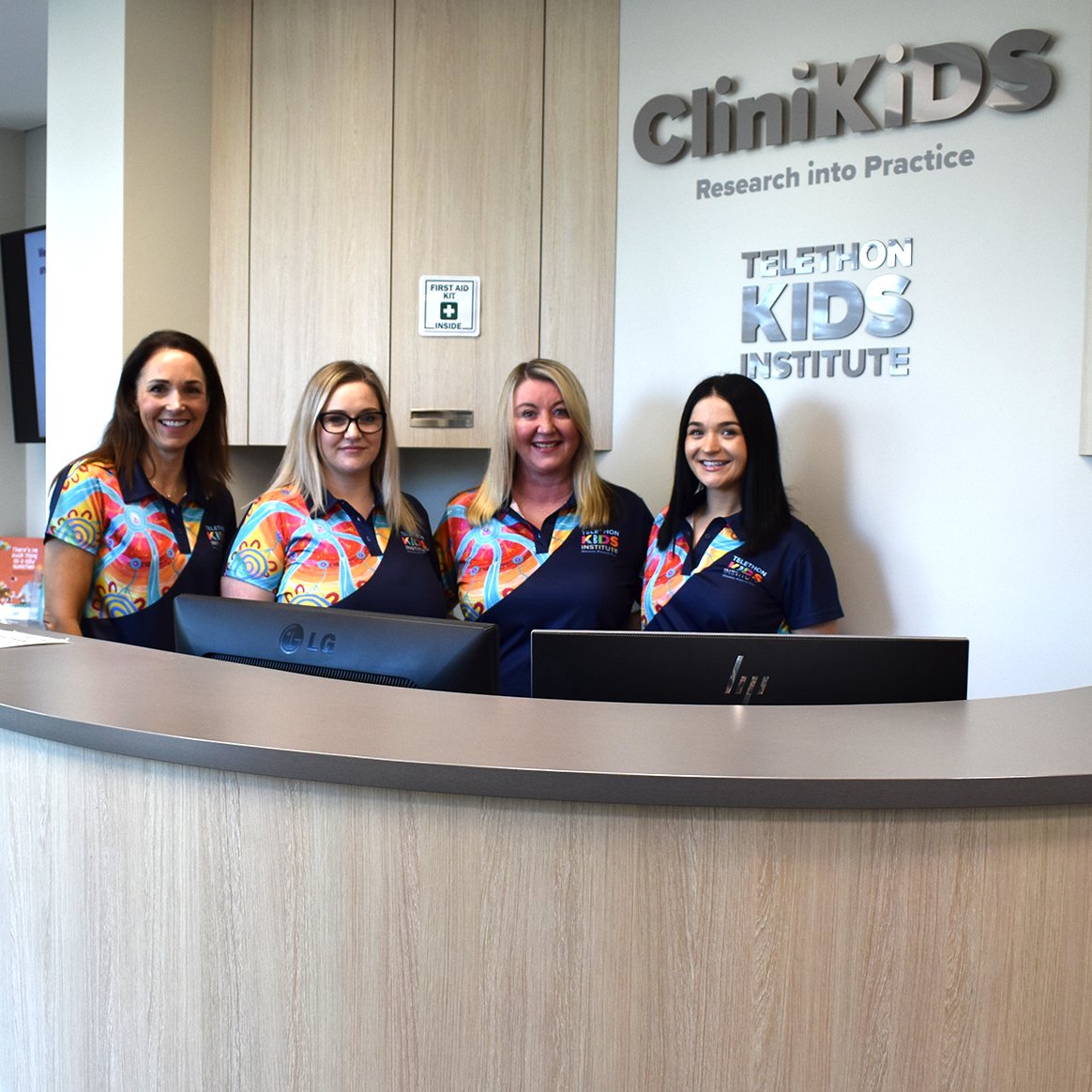
News & Events
Client support at CliniKidsNicki, Leah, Tracy, and Amy make up our wonderful Client Support team at CliniKids. The team was established in mid-2021 as services began to grow.

News & Events
Research at CliniKidsAt CliniKids, it is important that the services we offer are informed by the children and families that utilise our services.

News & Events
Service agreementsWe are currently working through several clinical audits to ensure that we are meeting our service delivery standards and governance requirements. As part of this, we have audited our Service Agreements to ensure that we have a signed agreement on file for all our clients. This agreement is an NDIS
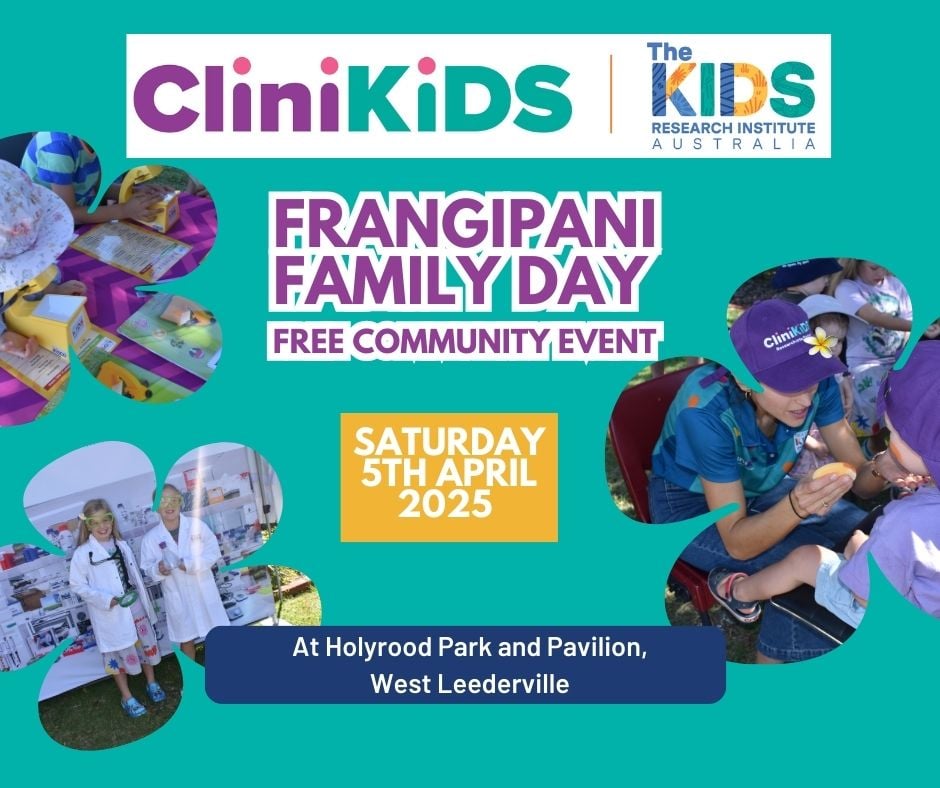
News & Events
Frangipani Family Day 2025Frangipani Family Day is a free community event for young neurodiverse children and their families in WA.
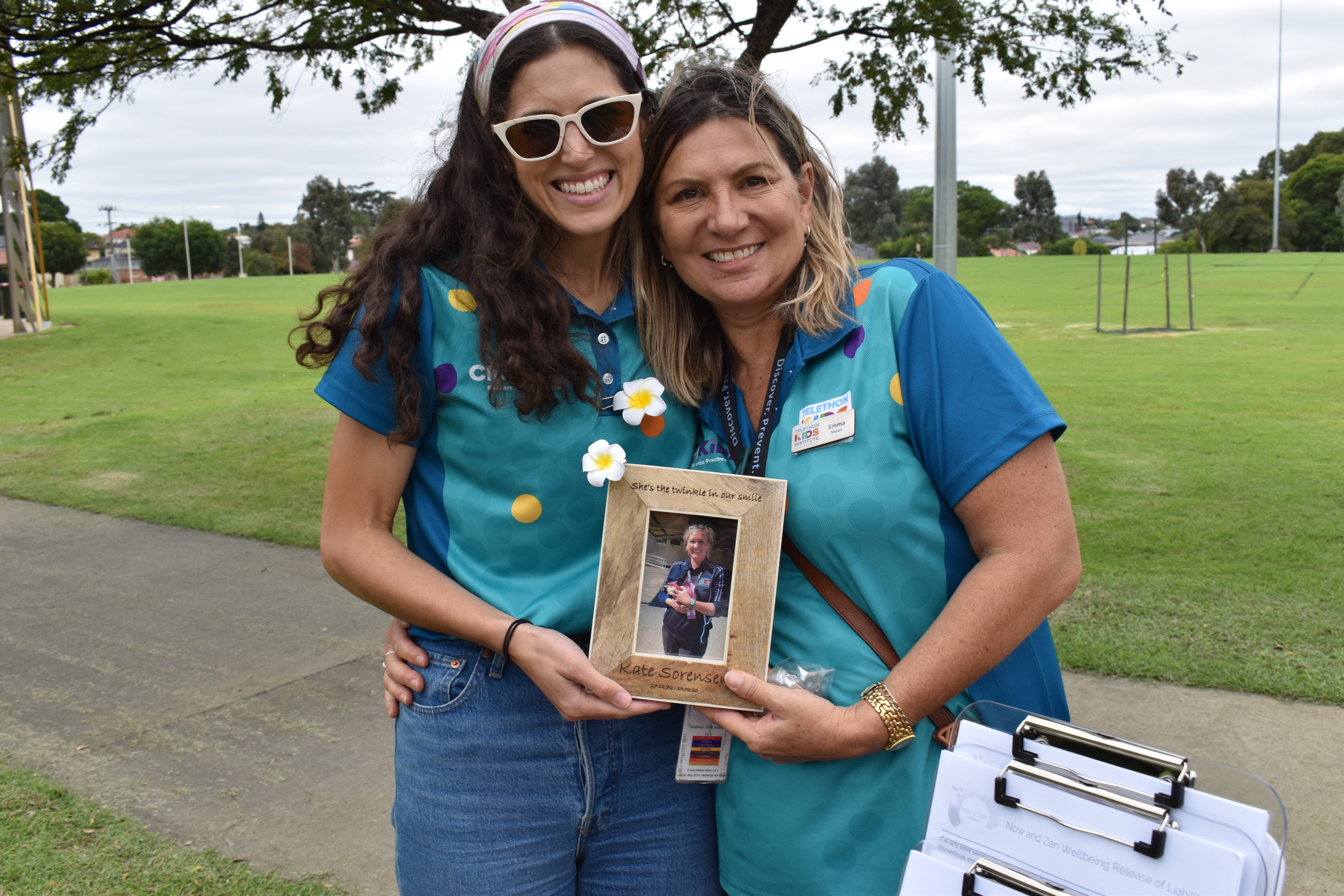
News & Events
Frangipani Family Day 2023CliniKids held Frangipani Family Day recently – an event organised to honour the wonderful contribution of its much loved and dearly missed colleague, the late Kate Sorensen.
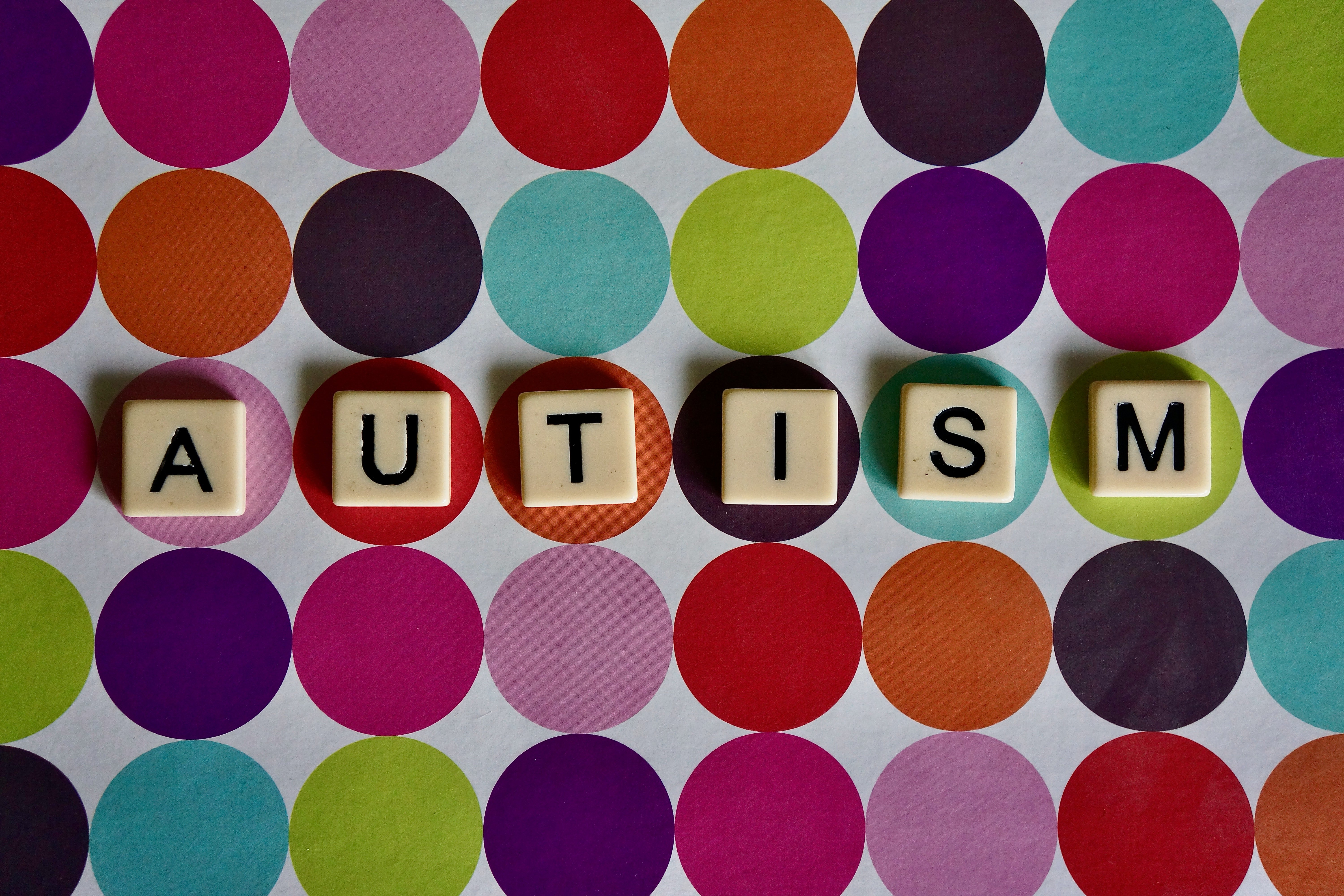
News & Events
Autism Month!April is Autism Month and to mark the occasion, we’re transforming our reception desk in the clinic to an AMAZING wall for our families to contribute to.

As WA's first research collaboration dedicated to mental health, we work across The Kids Research Institute Australia and beyond to do the research that the community wants to see happen.

News & Events
New research shows sports gambling a ‘gateway’ for young men into gambling problemsSport and fantasy sport gambling can lead to a higher risk of problem gambling behaviour in young men, new research has found.
